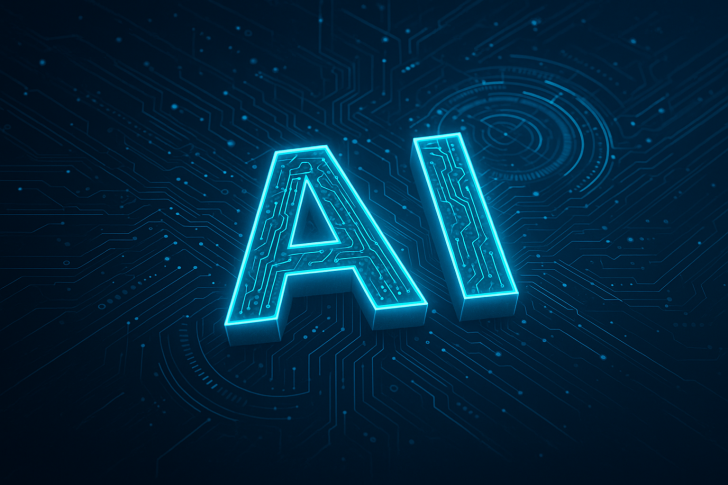Sometimes the smallest technical changes have the biggest consequences. When Google quietly removed the "&num=100" URL parameter from its search in September 2025, it didn't just tweak the user experience—it rewired how websites, AI systems, and discovery algorithms interact with the entire web.
What Changed and Why It Matters
According to AI growth strategist Pietro Montaldo, this seemingly minor adjustment triggered a $3 billion drop in Reddit's estimated value and crippled how large language models like ChatGPT and Gemini pull information from online discussions.
The "&num=100" parameter used to let users and bots view up to 100 search results on a single page—a feature critical for deep indexing, SEO tracking, and AI data collection. By switching to infinite scroll on desktop, Google effectively made everything beyond the first 10 results harder to reach. Here's what happened as a result:
- Reddit's citations in ChatGPT responses dropped from 29% to just 5%
- Nearly 88% of websites saw their impressions fall
- Over 77% lost ranking keywords overnight
- AI tools now access only one-tenth of the search data they used to
- Positions 11–100 require manual scrolling or additional requests—effectively making "Page Two" invisible
For most of the internet, this means organic visibility and long-tail traffic have essentially disappeared. If you're not on page one, you're nowhere.
Reddit: Still Standing, But Bruised
Despite losing deep-page visibility, Reddit remains one of the two most prominent domains in U.S. search results, largely thanks to lucrative partnerships with Google ($60 million/year) and OpenAI ($70 million/year). But here's the catch: LLMs can no longer easily tap into Reddit's niche threads and archived discussions—the exact content that gave AI responses their human-like nuance and depth.
AI Models Lose Their "Deep Web of Discourse"
Before this change, AI systems regularly mined Reddit's vast archives to learn tone, sentiment, and how real people debate topics. With infinite scroll blocking deeper access, that layer of community wisdom is now out of reach for standard indexing and scraping methods. The result? AI models risk becoming less diverse and more reliant on surface-level, SEO-optimized content rather than authentic human conversation. Some AI researchers are already warning about a "homogenization of AI knowledge."
From a search optimization standpoint, the fallout is dramatic. Impressions have tanked because pages 2–10 don't register in analytics anymore. Click-through rates look artificially inflated since only top results count now. Keyword rankings have become more volatile, compressed into a much narrower visible range. Bottom line: if you're not ranking on page one, you might as well not exist.
Industry insiders point to a few likely motivations: cutting down on mass scraping by SEO bots and AI crawlers, aligning desktop with the mobile infinite-scroll experience, and improving server efficiency since over 90% of users never scroll past page one anyway. But for developers and researchers, it's a major loss in data accessibility and transparency—one that's already reshaping the digital landscape in ways we're only beginning to understand.
 Peter Smith
Peter Smith

 Peter Smith
Peter Smith


